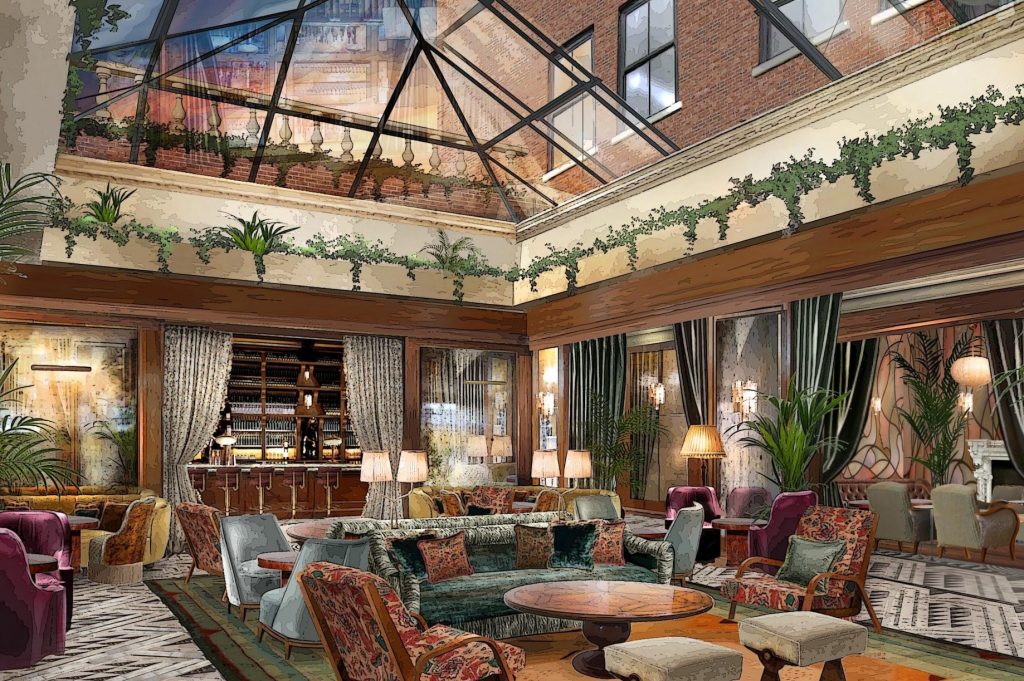Soho House Will Raise Prices Fearlessly Despite Spiking Inflation

Skift Take
The newly public parent company behind membership clubs like Soho House still isn’t profitable, but company leaders see price increases and new clubs as the path forward for growth.
Membership Collective Group, which went public over the summer, reported a $77 million loss Wednesday for the third quarter. The company, dominated by the Soho House chain of clubs, has never posted a profit, according to its prospectus filed prior to its stock market debut.
While company leaders never raised membership prices in the last two years, inflation is the catalyst for what MCG leaders see as a runway for future pricing power.
“We are very, very respectful in that because people do want to come to a House and feel there is value for the money,” Membership Collective Group CEO Nick Jones, who also founded Soho House, said Wednesday on an investor call. “But they do realize their weekly shop is more expensive and that translates to when they go out.”
A combination of inflation on the price of goods, supply chain
